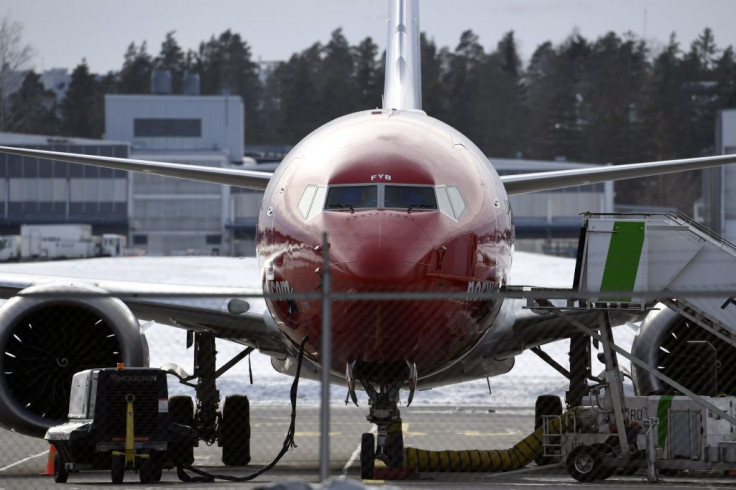FAA, NASA Create Joint Task Force To Review Boeing 737 MAX Fix

The U.S. Federal Aviation Administration (FAA), NASA and other international aviation regulators have established a joint task force to analyze the software fix developed by The Boeing Company for its Boeing 737 Max 8 jetliners currently grounded worldwide after two crashes.
The “Joint Authorities Technical Review” team, or JATR, will evaluate the automated flight control system called MCAS (Maneuvering Characteristics Augmentation System). Boeing released a software fix for the MCAS on March 23.
Aviation experts suspect MCAS might have caused, or at least played a role in, the horrific crashes of two new 737 MAX 8 jetliners over the past five months. The MCAS remains the prime suspect in the crash of an Indonesian Lion Air MAX 8 on Oct. 29, 2018, and a similar plane flown by Ethiopian Airlines that crashed March 10. Everyone on board the two planes -- 346 people, including passengers and crew -- were killed.
Aviation safety experts say MCAS automatically takes control of the plane and pushes the nose down to prevent the plane from stalling. Input for MCAS is based on data from a single angle of attack (AoA) sensor and any malfunction of this sensor will affect the way MCAS behaves.
The update should ensure MCAS will now receive data from two AoA sensors instead of just one. Boeing engineers said if both these AoA sensors disagree by more than 5.5 degrees, the MCAS system will be disabled and will not push the nose of the plane lower.
JATR is chaired by former National Transportation Safety Board Chairman Chris Hart. The FAA said JATR will also review the MCAS’ “design and pilots’ interaction with the system, to determine its compliance with all applicable regulations and to identify future enhancements that might be needed.”
The FAA and Boeing are under fire since the crashes for allowing the MAX 8s to fly despite complaints from pilots about the MCAS system. Boeing said it will continue testing the aircraft and submit its safety updates to the FAA once that’s complete “in the coming weeks.”
And, in what clearly is a obvious bid to instill confidence in the new software fix, Boeing CEO Dennis Muilenburg accompanied pilots aboard a 737 MAX 7 test flight on Wednesday that tested the new MCAS solution.
“The flight crew performed different scenarios that exercised various aspects of the software changes to test failure conditions,” said Boeing in a statement. “The software update worked as designed, and the pilots landed safely at Boeing Field.”
Both the FAA and Boeing have more explaining to do in the light of new data retrieved from both planes black boxes showing striking similarities between the two crashes. Boeing’s MCAS system is suspected as contributing to both crashes.
© Copyright IBTimes 2024. All rights reserved.




















